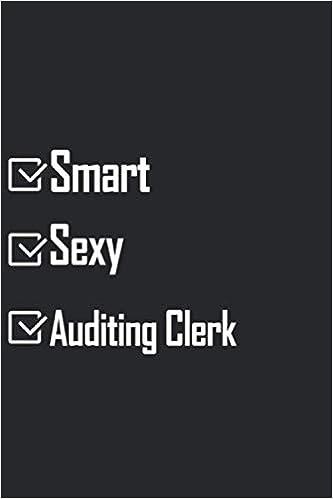Answered step by step
Verified Expert Solution
Question
1 Approved Answer
SACRIFICING QUALITY TO CUT STANDARD COSTS Pressures to control costs, coupled with bonus systems based on adherence to standards, can present a temptation to engage
SACRIFICING QUALITY TO CUT STANDARD COSTS
Pressures to control costs, coupled with bonus systems based on adherence to standards, can present a temptation to engage in ethical lapses. The following hypothetical scenario describes such a situation.
Keystone Company manufactures small wooden household items such as cutting boards and knife racks. Keystones controller, Marc Rigas, recently completed the installation of a new standard-costing system, which has been in place now for six months. Jack Smith, the purchasing manager, is about to place an order for wood to be used in Keystones cutting boards. Smith has found a supplier that will furnish the necessary wood at $2.00 per board foot, rather than the standard cost of $3.00. This is very appealing to Smith, since his annual bonus is influenced by any favorable price variances he is able to obtain. Smith is due to be transferred at the end of the year to Keystones Allentown Division, which manufactures metal kitchen utensils. The transfer is a promotion for Smith.
After further discussions with the potential supplier, Smith realized that the wood being offered would not be well-suited for use in cutting boards. Although the wood would seem fine in the manufacturing process, and it would result in an attractive product, it would not hold up well over time. This particular type of wood, after repeated cycles of getting wet and then drying out, would tend to crack. Smith figured that it would take about a year for the cutting boards to deteriorate, and then Keystone Company would be beset with customer complaints.
Smith mulled over the situation for a while and then decided to accept the new suppliers offer. The $2.00 price would help him get a nice annual bonus, which he could use to help with the down payment on a new home. By the time the cutting boards cracked and customers started to complain, he would be long gone. Someone else could worry about the problem then, he reasoned. After all, he thought, people shouldnt expect a cutting board to last forever.
Several weeks later, when the invoice for the first shipment of wood came through, Rigas noticed the large, favorable price variance. When he ran into Smith on the golf course, Rigas congratulated Smith on the purchase. The following conversation resulted.
Rigas (C): That was quite a price break on that wood, Jack. Howd you swing it?
Smith (PM): Hard-ball negotiating, Marc. Its as simple as that.
Rigas (C): Is it good wood? And how about the supplier, Jack? Will they deliver on time?
Smith (PM): This supplier is very timely in their deliveries. I made sure of that.
Rigas (C): How about the quality, Jack? Did you check into that?
Smith (PM): Sure I did, Marc. Hey, what is this? An interrogation? I thought we were here to play golf.
Rigas was left feeling puzzled and disconcerted by Smiths evasiveness. The next day, Rigas talked to the production manager, Amy Wilcox, about his concerns. Later that day, Wilcox raised the issue with Smith. After a lengthy and sometimes heated exchange, the story came out.
Discuss the ethical issues involved in this scenario. Did the purchasing manager, Jack Smith, act ethically? Did the controller, Marc Rigas, act ethically when he asked Smith about the quality of the wood? Did Rigas act ethically when he went to the production manager with his concerns? What should the controller do now?
Step by Step Solution
There are 3 Steps involved in it
Step: 1

Get Instant Access to Expert-Tailored Solutions
See step-by-step solutions with expert insights and AI powered tools for academic success
Step: 2

Step: 3

Ace Your Homework with AI
Get the answers you need in no time with our AI-driven, step-by-step assistance
Get Started


